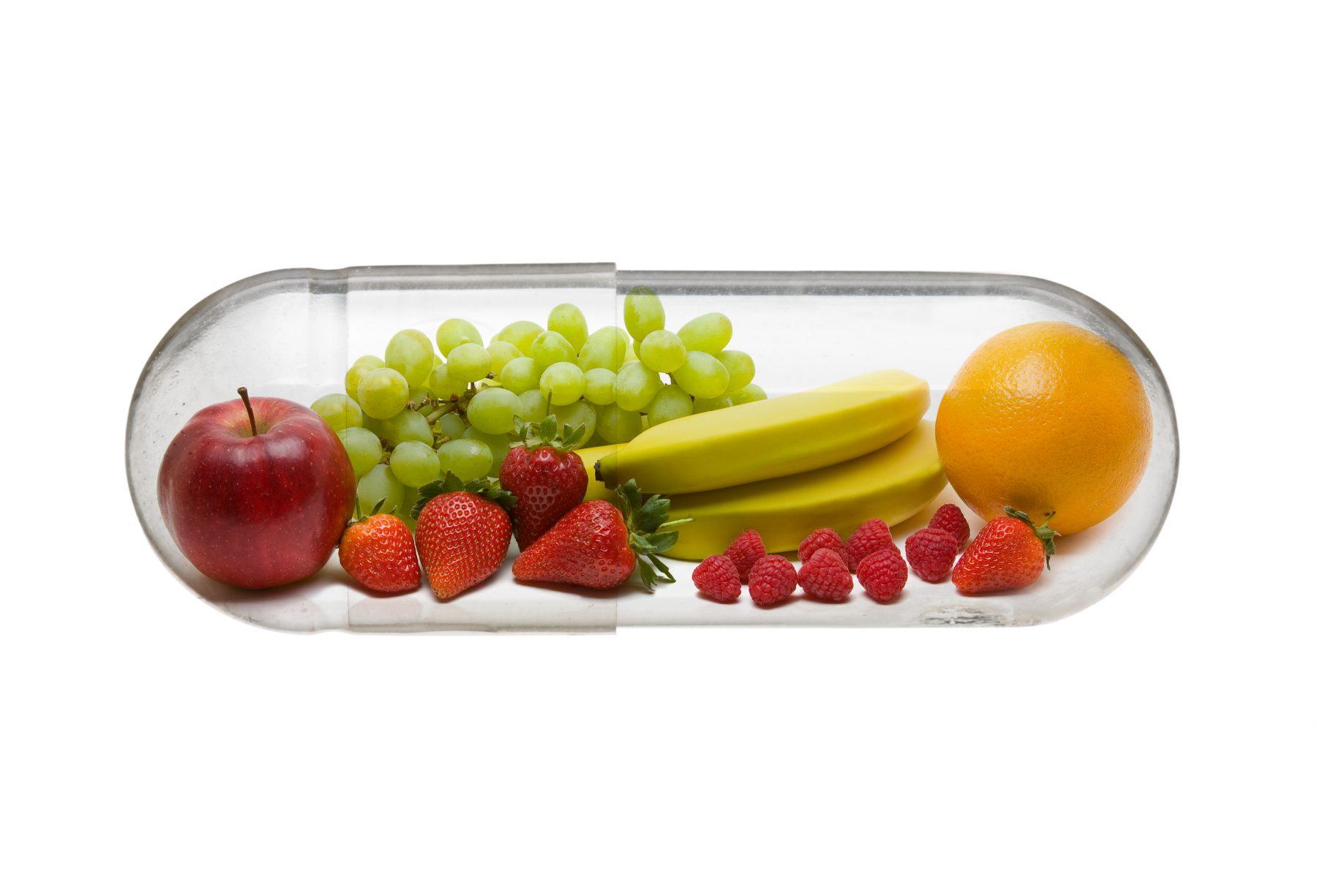
Ep 33: Treatment Options for Fatigue
In the final episode of the series on Fatigue, Dr. Agolli and Dr. Burdette discuss:
- How to check your vitamin and mineral bottles to see if you will absorb them.
- The types of vitamins and minerals that impact your fatigue.
- The type of nutrients that impact your fatigue.
- How stress impacts your adrenals and fatigue.
- The different treatment options to help your fatigue.
- The types of IVs you can have to help your fatigue.
According to a review of vitamins and minerals for energy, fatigue and cognition in the journal Nutrition, B vitamins (B1, B2, B3, B5, B6, B8, B9 and B12), vitamin C, iron, magnesium and zinc have recognized roles in these outcomes1.
In addition to these nutrients, there are some foods that can help fight fatigue such as protein-rich foods like fish, meat and dairy products; iron-rich foods like red meat and beans; complex carbohydrates like whole grains, fruits and vegetables; vitamin C-rich foods like citrus fruits, peppers and broccoli; magnesium-rich foods like pumpkin seeds and spinach; beta-carotene-rich foods like sweet potatoes and carrots; potassium-rich foods like spinach, avocados and squash234.
Stress can disrupt sleep by causing lighter sleep or more frequent awakenings, which leads to fatigue during the day1. People feeling stress may lack the time or motivation to prepare nutritious, balanced meals, or may skip or forget to eat meals1.
Adrenal insufficiency occurs when the adrenal glands don’t make enough of certain hormones, including cortisol, which is essential for life. The most common symptoms of adrenal insufficiency are chronic fatigue, muscle weakness, loss of appetite, weight loss, and abdominal pain1. Long-lasting fatigue is a common symptom of adrenal insufficiency1.
There are several natural treatment options that may help with fatigue. Some traditional natural medicines such as ginseng, Cordyceps militaris, and Rhodiola rosea have been reported to have specific anti-fatigue effects with small toxic and side effects and rich pharmacological activities 1. It may be a promising treatment strategy for sub-health.
The most serious complication of adrenal insufficiency is called adrenal crisis. If not treated right away, adrenal crisis can cause death. Your body needs much more cortisol than usual during times of physical stress such as illness, serious injury, or surgery 2.
The most common symptoms of adrenal insufficiency are chronic fatigue, muscle weakness, loss of appetite, and weight loss. Other symptoms can include nausea, vomiting, diarrhea, low blood pressure that drops further when you stand up (causing dizziness or fainting), irritability and depression, joint pain, craving salty foods, hypoglycemia (low blood glucose), irregular or no menstrual periods, and loss of interest in sex. People with Addison’s disease may also have darkening of their skin .
Because symptoms of adrenal insufficiency come on slowly over time, they may be overlooked or confused with other illnesses. Sometimes symptoms appear for the first time during an adrenal crisis. If you always feel tired, weak, or are losing weight, it is important to ask your healthcare professional if you might have adrenal insufficiency. Early treatment can help avoid an adrenal crisis .
Some other natural remedies for fatigue include Coenzyme Q10, Licorice extract, Ginkgo, Essential fatty acids, Valerian, and Melatonin. For example, Coenzyme Q10 may help people with chronic fatigue syndrome produce more adenosine triphosphate (ATP), the energy currency of the cells of the body. Licorice extract may help some people with chronic fatigue syndrome who tend to have abnormally low blood pressure. Ginseng, considered a “tonic” herb, may help with your fatigue, especially if it’s mild. In one study, chronic fatigue syndrome patients with mild fatigue who took Siberian ginseng daily for 4 months reported less fatigue that improved faster than those who took a placebo.
